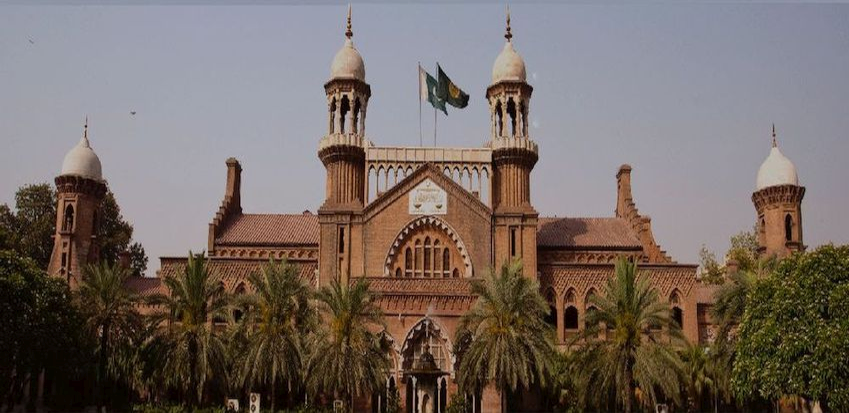Even if a Civil Suit is pending, the Revenue Hierarchy has the Authority to continue with Partition Matters unless a Specific Restraining Order is issued by a Competent Court --- Lahore High Court, Lahore
Islamabad 11-10-2024: The Lahore High Court has dismissed [Writ Petition No. 59198 of 2024] filed by Muhammad Naeem, Advocate and others, challenging the order of the Member (Judicial-II), Board of Revenue, Punjab, which rejected their review petition regarding the partition of joint agricultural land in Mouza Burj Khurd, Tehsil & District Kasur. The Court upheld the jurisdiction of revenue authorities in partition matters and criticized delaying tactics employed in such cases.
The petitioners had approached the Court against the Revenue Board’s decision, claiming that the revenue hierarchy lacked jurisdiction due to the pendency of a civil suit over the disputed land. They contended that the civil Court’s decision should take precedence before the revenue authorities could proceed with the partition. However, the Court found no merit in the petitioners’ arguments and affirmed the competency of the revenue authorities to adjudicate partition cases even when a civil suit is pending, provided the title of the land is not under dispute.
The Court based its decision on Sections 135, 135-A, and 141 of the Punjab Land Revenue Act, 1967, which govern partition matters and empower revenue officers to handle disputes of partition without awaiting an application from co-owners. The Court emphasized that Section 135-A, added through the Punjab Land Revenue (Amendment) Act, 2012, mandates the Revenue Officer to initiate partition proceedings immediately after the inheritance mutation is sanctioned.
Additionally, the Court referred to the Punjab Land Revenue (Amendment) Act, 2015, which amended Section 141, allowing revenue authorities to decide on title questions during partition proceedings. The Court observed that even if a civil suit is pending, the revenue hierarchy has the authority to continue with partition matters unless a specific restraining order is issued by a competent Court.
In its analysis, the Court cited the recent Supreme Court judgement in Syed Ghazanfar Ali Shah Vs. Hassan Bokhari and others (2024 SCMR 154), which disapproves of undue delays in partition matters. The Supreme Court had emphasized that revenue authorities should expedite partition proceedings and not entertain frivolous applications aimed at delaying the process. This citation further strengthened the Court’s decision to dismiss the writ petition.
The Lahore High Court noted that the petitioners had previously filed [Review Petition No. 401/2023], which was dismissed by the Member (Judicial-II), Board of Revenue, Punjab on 23rd July 2024, due to the limited scope of review petitions under Section 8 of the Board of Revenue (Punjab) Act, 1957. The Court highlighted that the review mechanism cannot be used as a tool to reargue cases, but only to address apparent errors or material irregularities.
The Court concluded that the petitioners failed to present any substantial ground or jurisdictional defect in the orders passed by the revenue authorities. It further directed the concerned Revenue Officer to decide the partition matter strictly on merits and in accordance with the law, without any undue delay.
The judgment serves as a significant precedent reinforcing the powers of revenue authorities in handling partition cases and resolving disputes expeditiously. It clarifies that the pendency of civil suits does not hinder the jurisdiction of revenue officers in partition proceedings, unless there is a direct question of title that requires adjudication by a civil Court.
The Lahore High Court’s decision is expected to curb the misuse of legal provisions by litigants attempting to delay partition proceedings and streamline the resolution of land disputes in Punjab.
Powered by Froala Editor








